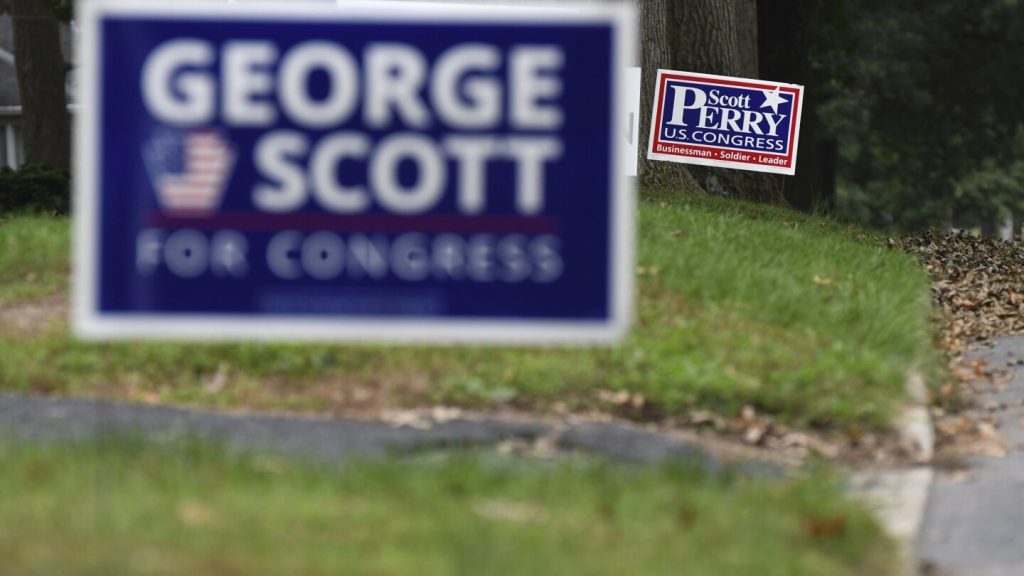A federal appeals court panel has ruled that a small Pennsylvania town’s ordinance aimed at reducing the number of lawn signs is unconstitutional. The 3rd U.S. Circuit Court of Appeals found that the ordinance, implemented by Camp Hill Borough, violated residents’ free speech rights by placing limitations on political lawn signs. The court upheld a lower court ruling against the town, citing discrimination between types of content and lack of a compelling reason to restrict free speech. The ordinance imposed restrictions on the number, size, and duration of certain signs, particularly political ones, before and after events like elections.
The decision specifically focused on the ordinance’s regulation of content, noting that it favored commercial or holiday signs over others. Despite the town’s arguments about traffic safety and aesthetics, the court deemed these reasons insufficient to justify limiting free speech rights. Residents of Camp Hill were prohibited from displaying more than two personal expression signs for more than 60 days before an event, such as an election. The ordinance also imposed restrictions on the height, lighting, and duration of signs, prompting legal action from the Camp Hill Borough Republican Association and two residents.
Paul Lewis, chair of the Camp Hill Borough Republican Association, praised the court’s ruling as a victory for constitutional rights and freedom of speech. He emphasized that the decision benefits individuals regardless of their political affiliations, emphasizing the importance of protecting free expression. In response, the borough expressed disappointment with the decision and raised concerns about its potential impact on municipalities’ ability to regulate signs for traffic safety and aesthetics. The borough has not yet decided whether to appeal the ruling, leaving the future of the ordinance in question.
The case highlights the ongoing tension between local ordinances aimed at aesthetics and traffic safety and constitutional rights such as free speech. The court’s ruling underscores the importance of balancing these interests while upholding fundamental freedoms. The lawsuit brought by residents and the Republican Association sheds light on the broader implications of sign regulations and the need to carefully consider the impact on individual rights. As the legal battle continues, it raises questions about the limits of local government authority in regulating signs and the boundaries of free speech protections in public spaces.
The decision serves as a reminder of the ongoing efforts to protect First Amendment rights in local communities, particularly in the context of political expression. By striking down the restrictive ordinance, the court reaffirmed the importance of allowing diverse viewpoints and political opinions to be expressed through lawn signs. As the debate over sign regulations continues, residents and municipalities will need to navigate the complex balance between preserving aesthetics and ensuring robust free speech protections. The outcome of this case could set a precedent for similar disputes in other towns and cities, shaping the future of sign regulations and constitutional rights in public spaces.


